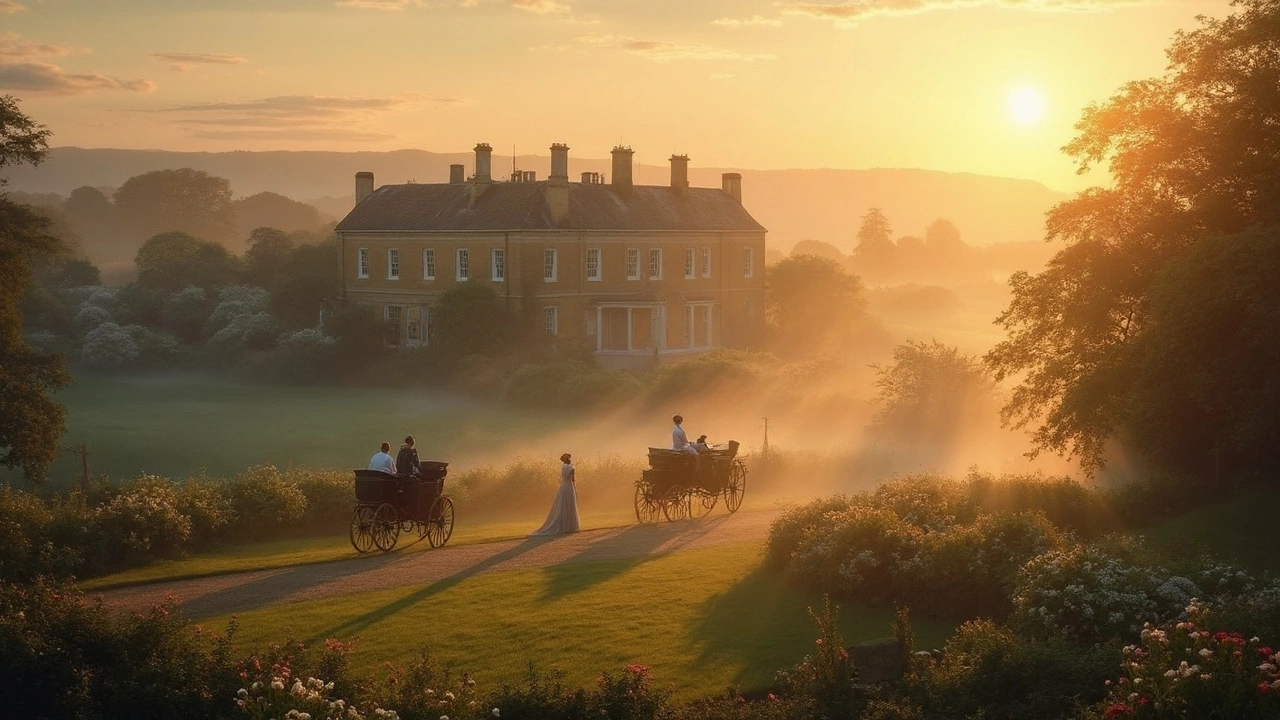First Country House Hotel – Your Guide to a Classic British Getaway
If you’ve ever dreamed of staying in a grand manor with modern comforts, a first country house hotel is the answer. These properties blend the elegance of historic estates with the convenience of a hotel, giving you spacious rooms, on‑site dining, and often beautiful gardens or lakes. Unlike a simple cottage or a boutique hotel, a country house hotel usually sits on several acres, letting you wander through grounds that have been tended for centuries.
What Sets a First Country House Hotel Apart?
First country house hotels differ from regular hotels in three key ways:
- Scale and setting: They occupy large estates, often with restored façades, period furniture, and extensive outdoor space.
- Service style: Expect a mix of hotel staff and estate workers who know the property’s history, so you get personalized recommendations on walks, wildlife spotting, and nearby attractions.
- Food and drink: Many serve meals made from locally sourced produce, sometimes in historic dining rooms that feel like stepping back in time.
Think of it as a cross between a luxury boutique stay and a countryside retreat – you get room service and a wake‑up call, but also the chance to explore gardens that could have inspired a novel.
How to Choose the Right Country House Hotel for Your Trip
Here are the practical things to look at before you click ‘book’:
- Location: Are you after the Lake District, the Cotswolds, or a coastal setting? Pick a region that matches your activities – hiking, wine tasting, or simply lounging by a pond.
- Room type: Some estates offer historic suites with four‑poster beds, while others have modern family rooms. Check photos and read reviews that mention size and layout.
- Amenities: Does the property have a spa, a pool, or a guided garden tour? If you love a good brunch, see whether they serve a full English breakfast or a la‑carte menu.
- Sustainability: Many country house hotels now use eco‑friendly practices – solar panels, composting toilets, or locally sourced timber. See our post on Sustainable Building: Eco‑Friendly Cottages That Actually Make a Difference for what to look for.
- Price vs. value: A night can range from £120 to over £500. Compare what’s included – some rates cover meals and activities, others are room‑only.
Don’t forget to read guest comments about noise levels (some estates are near farms) and Wi‑Fi reliability if you need to work.
When you arrive, take a moment to soak in the history. Many country house hotels display portraits, antique furniture, and original architectural details. Ask the staff about the story behind the estate – it often leads to unique experiences like private garden walks or a tour of the old wine cellar.
If you’re planning a longer stay, think about self‑catering options. Some properties let you use a kitchen or provide a pantry stocked with local produce, similar to the ideas in our "Self‑Catering Accommodation Types" guide. This can save money on meals and let you try your hand at cooking with fresh ingredients.
Finally, consider the season. Spring and autumn are perfect for garden walks and wildlife spotting, while winter brings cozy fireplaces and festive meals. Booking during off‑peak months can land you a better rate and a quieter experience.
Ready to book? Start by searching for "first country house hotel" in your chosen region, filter for eco‑friendly or self‑catering options if those matter to you, and read a mix of recent reviews. You’ll quickly find a place that feels like a home away from home, wrapped in historic charm and modern comfort.
